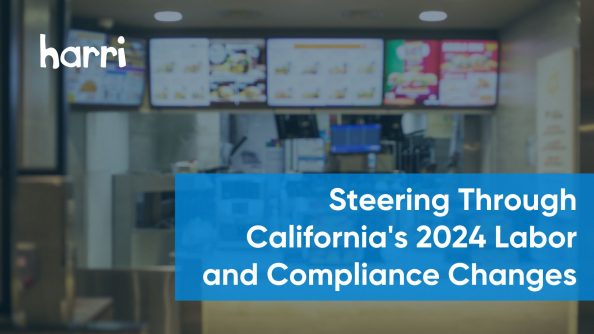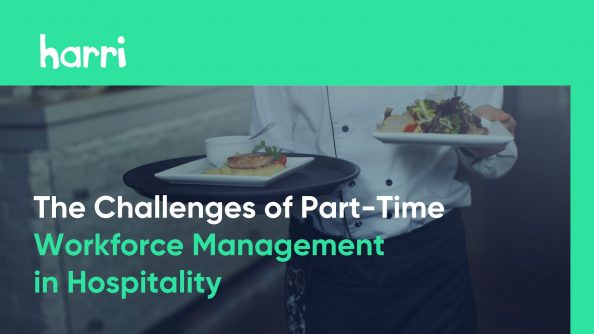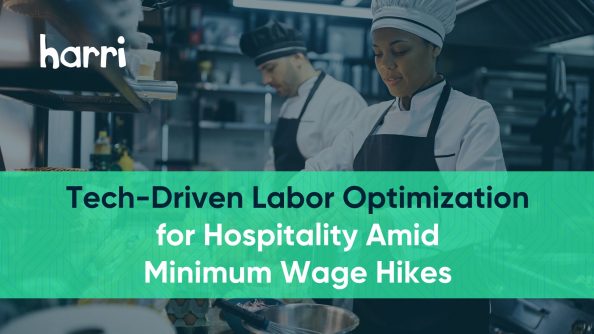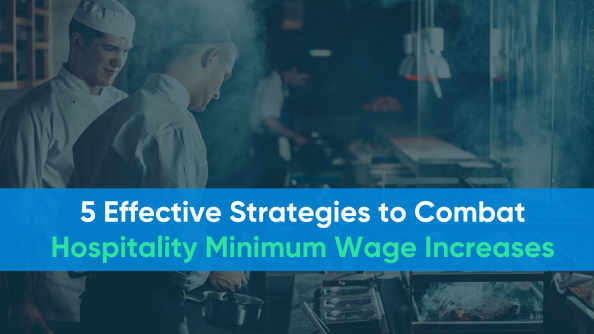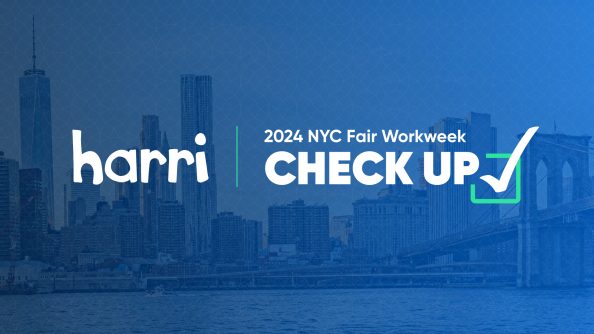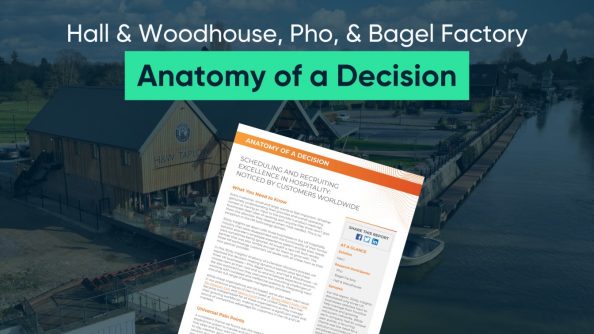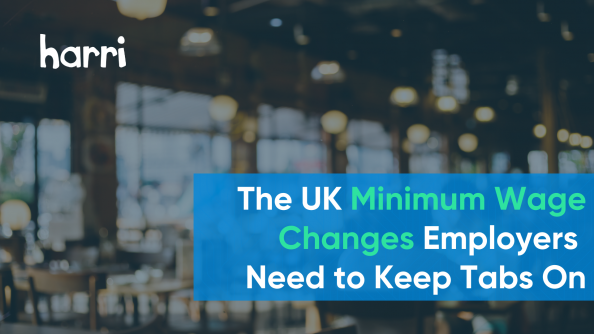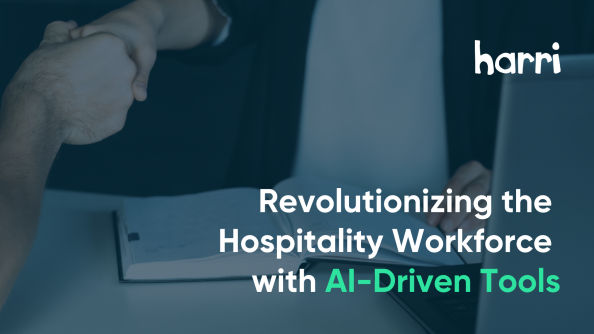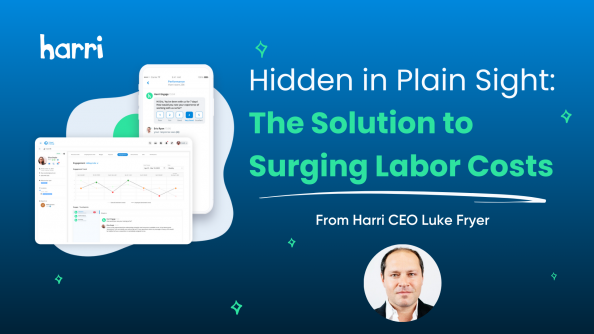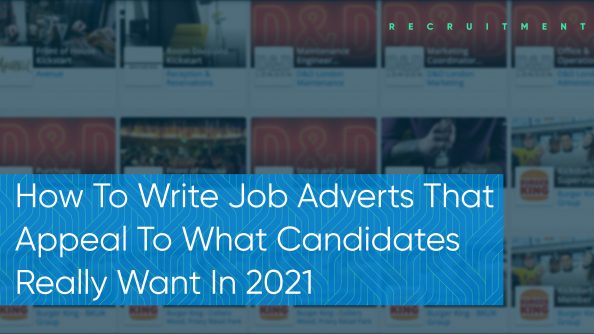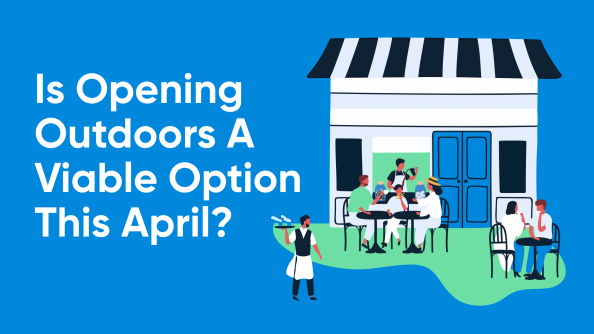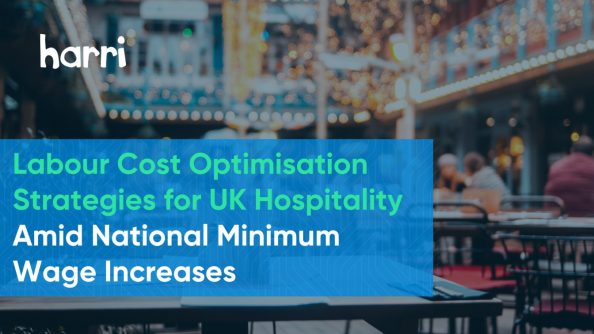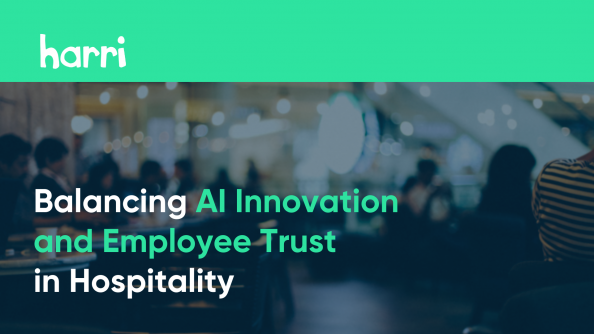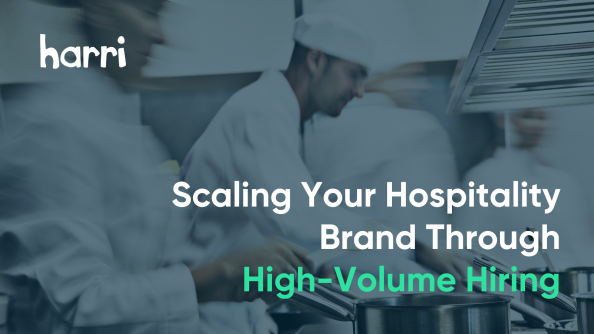Revolutionizing Recruitment: The Role of Candidate CRM Technology
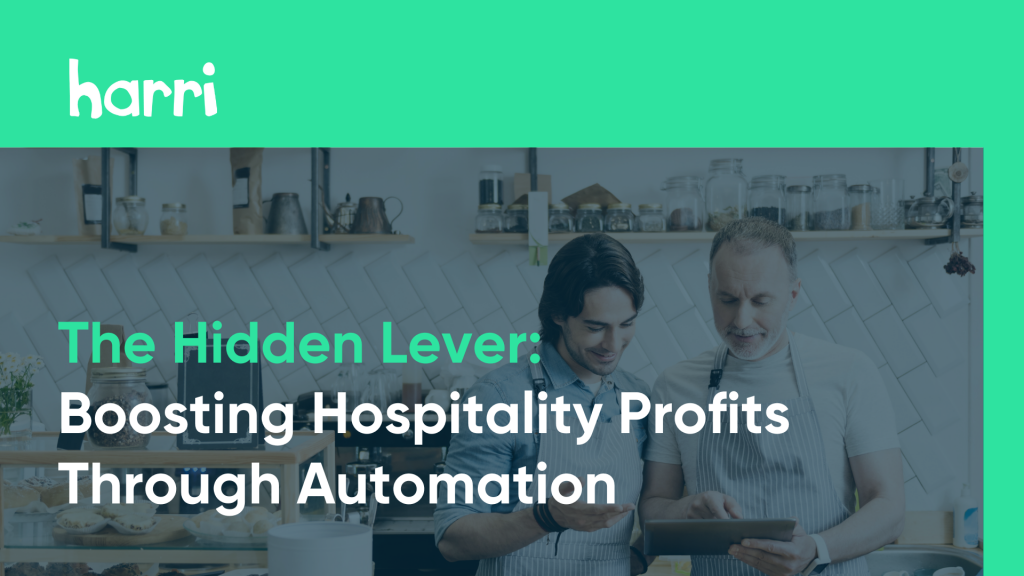
- By Harri Insider Team | September 20, 2023
In hospitality, every decision is a dance on the tightrope of profitability. It’s not just about the daily grind in the hotel lobby or the restaurant floor; it’s the big picture, the margins and returns that define success. Yes, tweaking your menu, cutting expenses, and training your staff to upsell all play pivotal roles. But what if the key to profitability isn’t just a stellar menu or the ambiance, but in the mundane tasks your managers deal with every day?
The Weight of Mundane Tasks for Hospitality Managers
On a bustling Friday lunch, Julie, the general manager, sat in her dim office surrounded by piles of resumes. Last minute shift-swap requests piled up on her buzzing phone. She glances at her watch, noting another candidate who hadn’t shown up for an interview. The front of the house is short-staffed, and orders fill up the expo station. Upon walking in and noticing the commotion, several guests decide not to stay and grab lunch next door.
Managers are asked to wear many different hats, including recruiting and building great teams. Ideally, they are out on the floor connecting with employees and nurturing talent, to help orchestrate an impeccable guest experience. But more often than not, they’re tethered to the back office buried under heaps of routine tasks.
Scheduling, paperwork, and endless admin duties – these are the silent culprits cutting into your productivity. If a manager is spending 20 percent of their time on paperwork, that’s at least ten hours per week taken away from productive tasks like training and guest interactions. Now, what if these mundane tasks just… took care of themselves?
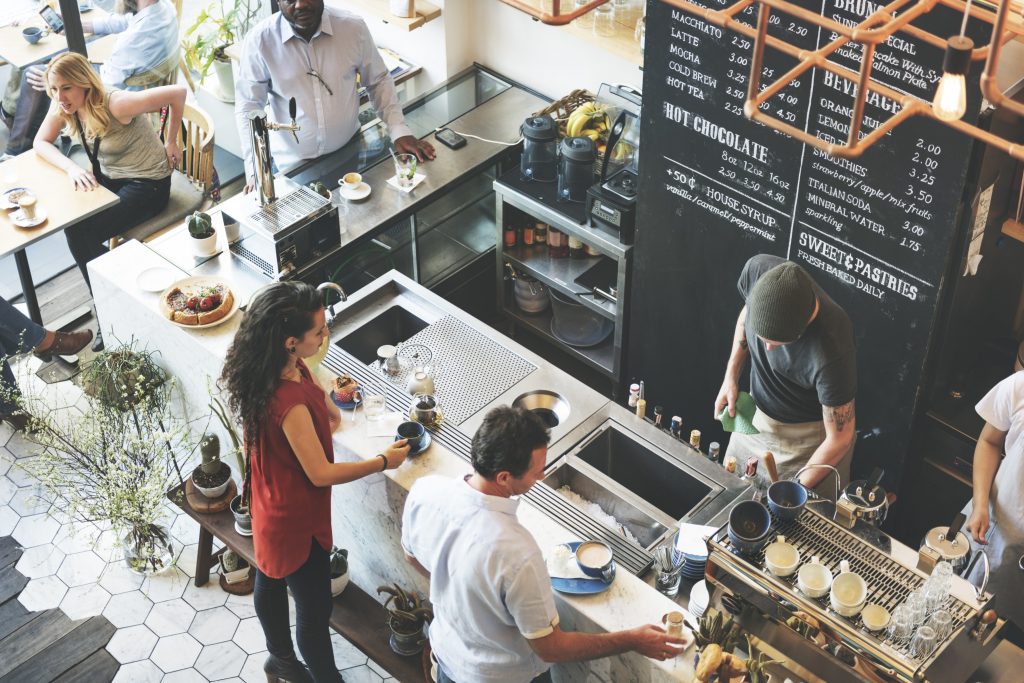
Automating the Mundane for Improved Profitability
During a lively Friday lunch, the general manager was out on the floor, empowering her team to deliver an unparalleled guest experience. Hot food was hot. Cold food was cold. Tables were turning and sales increased. In the background, employee prospects applied directly from their mobile devices. Conversational AI interacted seamlessly with potential candidates. The application process was streamlined while automated workflows continuously engaged with staff, measuring their sentiments and ensuring they remained motivated and satisfied.
There’s a reason 58% of restaurant operators say using tech and automation to alleviate labor shortages will become more common this year. Recognizing the value of automation and the role it plays in eliminating mundane tasks can be the difference between profit and loss.
It’s easy to say, “let’s automate!” but understanding the mechanisms powering this change is crucial. Top-tier hospitality brands use several technologies that automate the mundane and empower managers:
Conversational AI
Chatbots, like Carri, bring a human touch to every candidate interaction. They also handle scheduling activities, communications, and reminders, freeing up the hiring manager.
Cloud-based scheduling tools
These tools provide real-time insights into workforce demands. They capture details ranging from individual labor costs to unassigned shifts. Their adaptability allows managers to make quick adjustments, ensuring optimal staffing and compliance with labor regulations.
Employee Engagement
More than mere pulse surveys, a comprehensive workforce management system delves into your workforce’s sentiments. Regularly assessing employee sentiment highlights potential challenges, resulting in lower turnover and a more valued workforce.
The Ripple Effect: Benefits Beyond Management
The direct benefits of these technologies are undeniable. For the manager, there’s a significant reduction in stress and an increase in operational efficiency. However, the ripple effect on the entire establishment is profound. A manager free from mundane tasks is a leader with more time for mentoring, strategic planning, and guest interactions. This leads to enhanced service quality, better team morale, and, ultimately, increased customer satisfaction.
For the staff, these tools mean clarity. Gone are the days of ambiguous shift timings, unclear job roles, or missed communication. With a clearer understanding of their roles and a streamlined communication channel, employees can focus on what they do best: ensuring guests have a memorable experience.
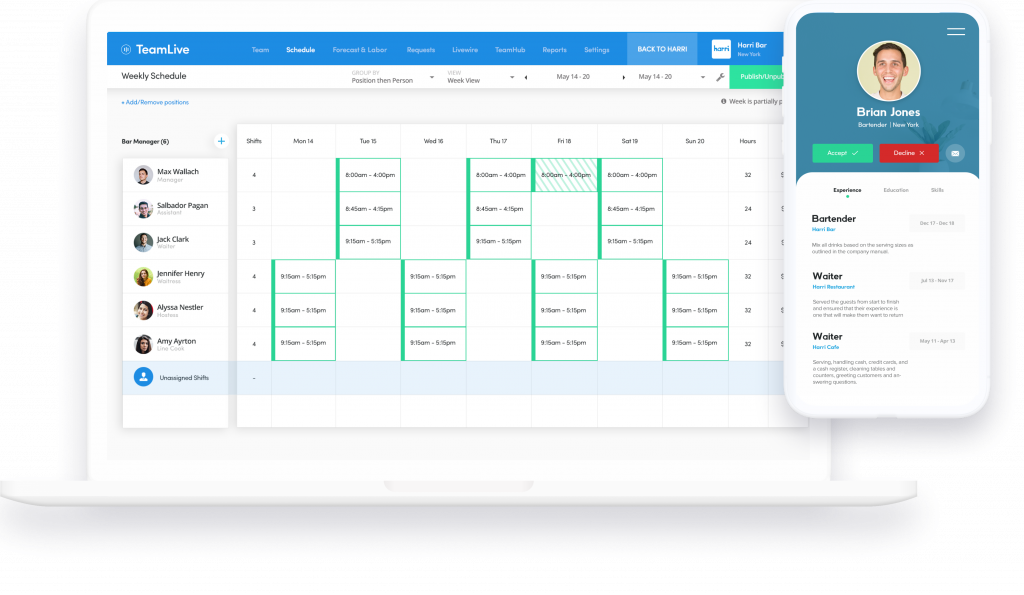
Looking Forward: The Future is Integrated
The future isn’t just about isolated tech tools but an integrated system where these platforms ‘speak’ to each other. Imagine an AI recruitment chatbot feeding data directly into the scheduling tool, which fills in roster gaps as soon as a new recruit is onboarded. Or an engagement platform that suggests training modules based on employee feedback.
In an industry as dynamic as hospitality, standing still is moving backwards. The integration of technology isn’t merely a trend; it’s the evolution of the sector. By embracing these tools, hospitality businesses aren’t just ensuring survival but are positioning themselves to thrive in a landscape that’s becoming increasingly competitive.
While ambiance, menu, and service play vital roles in profitability, eliminating the burden of mundane tasks is a game-changer. By seamlessly managing tedious tasks, managers and teams can allocate resources more effectively and focus on core operations.
As hospitality evolves, leaders who prioritize automation with tech tools will find themselves better positioned to optimize operations and, ultimately, their bottom line. Automating the mundane is more than a tactic that supports your overall strategy – it’s a foundation for sustained profitability.
Want to learn how to harness the power of automation for your hospitality business? Discover how Harri’s suite of tools can transform your operations.

